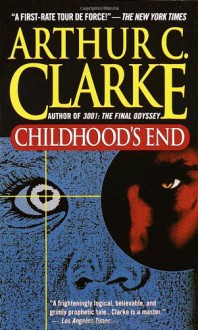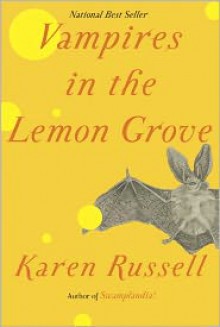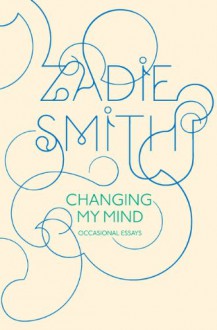In the build up to the holidays and winding down of the year, I’ve basically stopped reviewing—too many books, not enough time. Instead of trying to cram them in, or ignore them altogether, I’ve decided to do a little summary post for the most notable books I read in November and December so I can feel a little better about the year, and start off fresh in 2016.
You’re Never Weird on the Internet (Almost) by Felicia Day (5 stars)
Felicia Day is delightful. I’ve been a fan since the early days of The Guild when it debuted on the Xbox video service, and have followed her on social media and various geeky roles on TV (Buffy and Supernatural especially). She is smart, enthusiastic, a little awkward, and very real, as this book proves. While some might call it a memoir, I don’t think it paints the kind of complete picture that label implies, but is more of a highlight reel of the various events and experiences that formed her interests and led her to become, as she calls it, “situationally famous,” or as I would say, Queen of the Geeks. All hail the Queen!
The Absolutely True Diary of a Part-Time Indian by Sherman Alexie (5 stars)
This is a book that performs that rare brand of narrative magic that allows you to laugh while your heart is breaking. It regularly tops the Most Challenged Books list again and again, and now I know why: it is too honest for people who only want kids exposed to sugar-coated reality. Arnold Spirit, Jr. may be one of the most fantastic first person narrators I’ve ever encountered.
The Love Affairs of Nathanial P. by Ayelet Waldman (4 stars)
Waldman has created a plotless, meandering character study of a selfish douchebag—and I found it absolutely fascinating. Her psychological observations and almost anthropological take on human behavior makes the book a strong study of an unlikable but believably real person. It is also a damning black comedy that takes aim at a particular sub-set of inert, pseudo-intellectual urbanites with first world problems and makes them all look suitably ridiculous.
Childhood’s End by Arthur C. Clarke (4 stars)
I tackled this in an effort to read more classic sci-fi, since the trailer for the mini-series adaptation intrigued me. This is, perhaps, a lesser-known Clarke work, and was written very early in his career, which I think is a little obvious in his style. It is a strange book—not in its plot, which served to give us many of the tropes that have now become overused—but in its presentation and structure. The story is delivered almost exclusively through exposition, there are few characters to latch on to, and some of the ideas are a bit pat, even for the 1950s. But, maybe surprisingly, I really enjoyed it. It is a testament to Clarke’s powers of imagination that he made it interesting with such a dry presentation, and his use of a couple of “shocking” reveals didn’t feel too gimmicky. Clarke was ahead of his time in many ways, predicting accurately the rise of certain technologies and scientific breakthroughs, but sociologically a bit backward. His ideas about the end of racism in the future were interesting but terribly naïve, and he gives women almost no thought at all except as convenient plot devices with very little agency.
Snark: A Polemic in Seven Fits by David Denby (3 stars)
Snark is a short book—or a long essay—on (surprise) snark and its influence on our cultural conversation, from a very particular middle class, critical perspective. Not to be confused with satire, irony, or sarcasm, snark as defined by Denby, is a particularly virulent and lazy sort of “inside” joke that relies on tired stereotypes and veiled forms of racism, sexism, ableism, etc. The anonymity of the Internet breeds an increasingly nasty form of it that I agree is infecting the way we communicate. While this book comes off as soapboxy from time to time, it did make me take a look at the way we talk about things, and how snark has become a catch-all word for wit, when it is in fact something less sophisticated and much less pleasant. In many ways, it has wormed its way into our conversation, and bred a particular kind of asshole that I really wish would go away. I am not as big a fan of Denby as I was when I was in college, but I still found things to consider in his analysis; I especially appreciate his ability to tie in the nonsense of Lewis Carroll's famous poem "The Hunting of the Snark" with the concept of snark as a form of communication with tenuous identity.
 Well that sure was the least romantic book about love that I've ever read.
Well that sure was the least romantic book about love that I've ever read. 
 Log in with Facebook
Log in with Facebook 






















